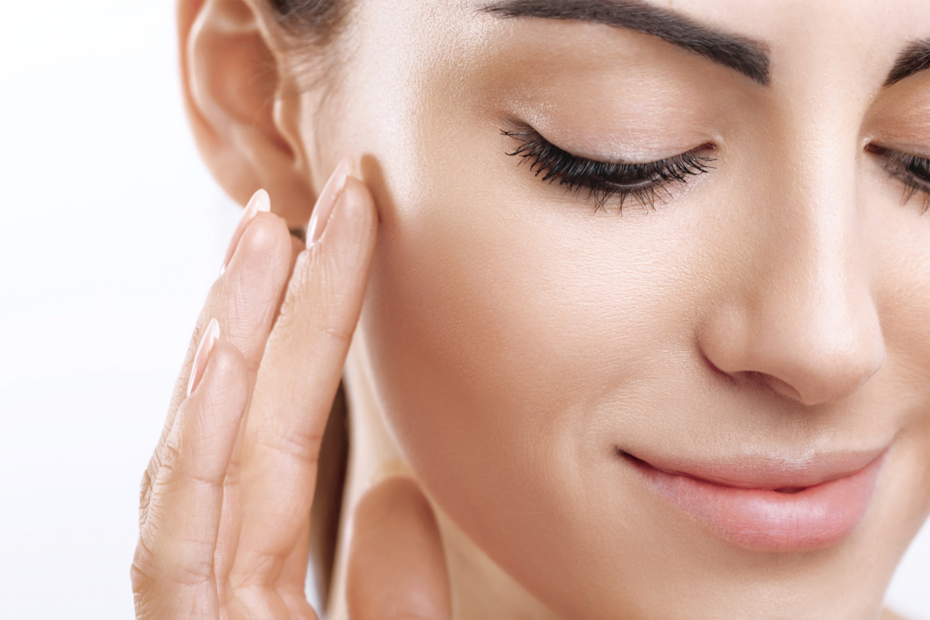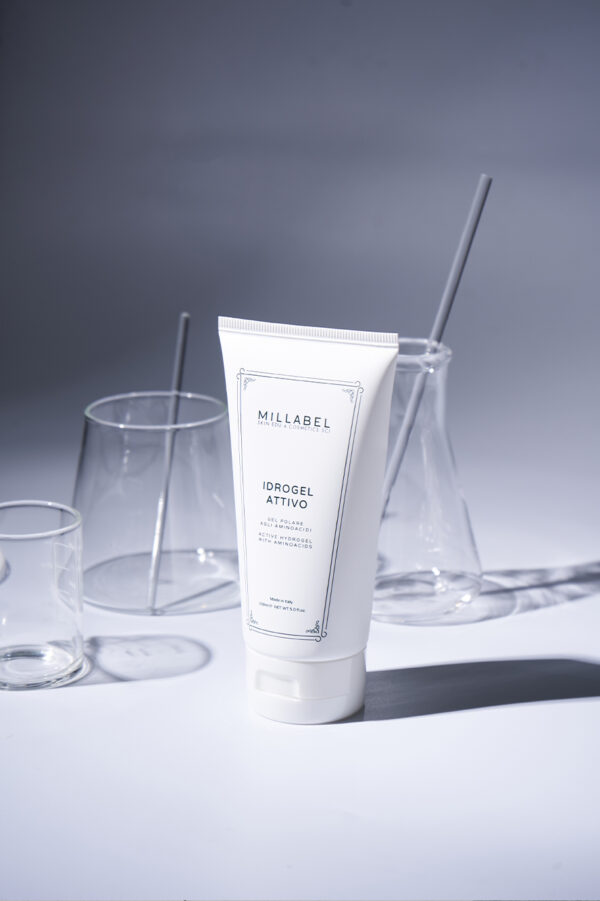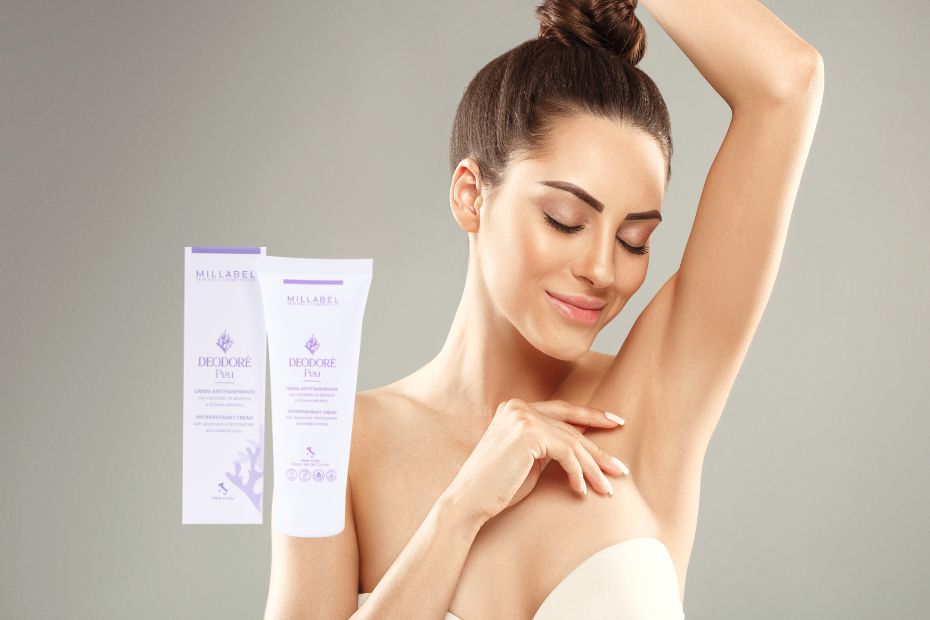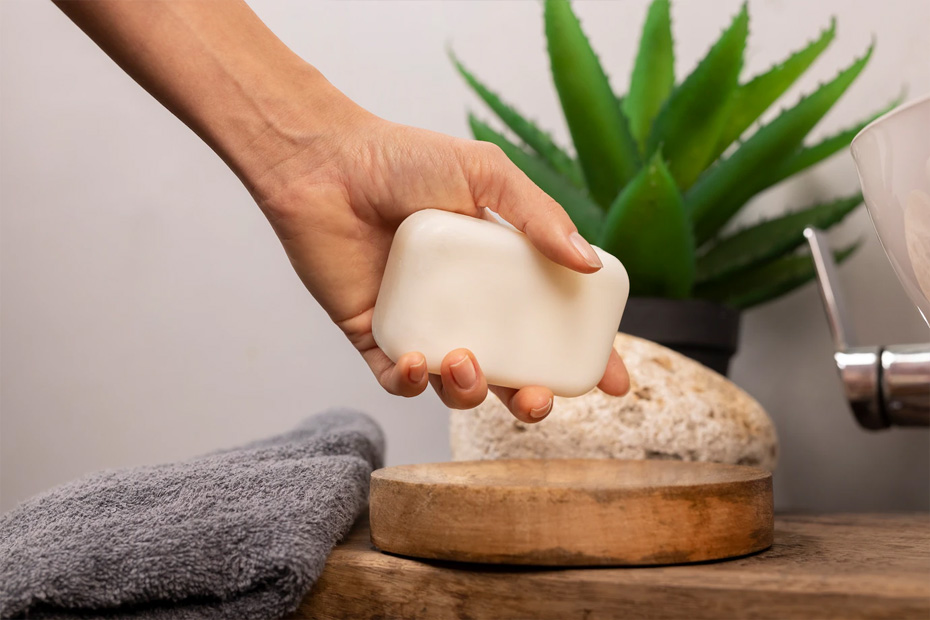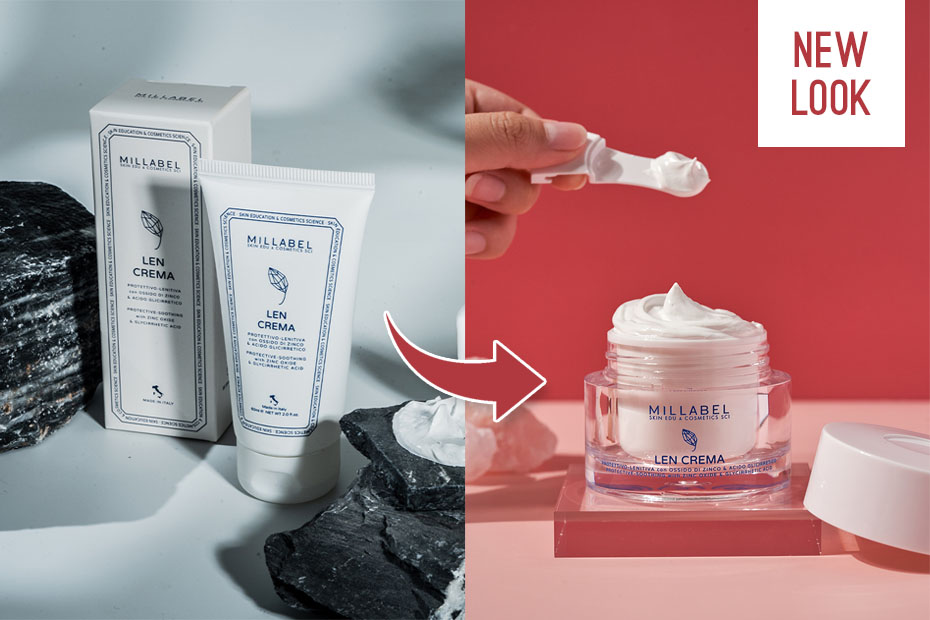What Are Amino Acids?
Amino acids play an important role in maintaining your overall health and getting beautiful skin. There are many amino acids, but only 20 are really important for our health and can be divided into 2 types: essential and non-essential amino acids.
- Essential amino acids are amino acids that are not produced by the body itself. You only get their benefits from eating certain foods or supplements.
- Non-essential amino acids are produced by your body and therefore it is not ‘essential’ to get them from your diet or supplements.
There are 9 essential amino acids: histidine, isoleucine, leucine, lysine, methionine, phenylalanine, threonine, tryptophan and valine. They are found mainly in products that contain animal proteins (such as seafood, beef, poultry, dairy products and eggs) but also in vegetables such as quinoa and soy products.
The 11 non-essential amino acids are: alanine, arginine, asparagine, aspartic acid, cysteine, glutamic acid, glutamine, glycine, proline, serine and tyrosine. Some of these non-essential amino acids are only produced when we are sick or stressed.
How Amino Acids Help Your Skin
Amino acids are naturally present in skin, as part of what’s called our natural moisturizing factors (NMFs). Within skin’s uppermost layers, amino acids work as conductors, orchestrating an incredibly complex “concert” that allows our skin to thrive and to stay hydrated.
One of the ways they do this is by working in harmony with aquaporins (the body’s water transport system) to move moisture throughout skin. Because of this, the primary benefit is that the amino acids help maintain skin’s smoothness and hydration, something they also do when applied via skin care products.
There also are more surprising benefits of these small, but potent, skin care heroes: Some amino acids work as antioxidants; however, most of them are believed to play an even greater role by helping skin create more of its own antioxidants, such as glutathione. Topically applied amino acids help strengthen skin’s natural defense system, making it less likely to show signs of aging from environmental damage.
Interestingly, research has shown that synthetic amino acids often have greater hydrating ability than animal- or plant-derived amino acids. Because many amino acids are animal-derived, this is encouraging news if you prefer to avoid such ingredients, as we do.
The Best Amino Acids for Your Skin
All essential and non-essential amino acids play a role in getting a beautiful skin, but there are some that have extra benefits:
- Arginine: helps to restore visible skin damage.
- Histidine: soothes the skin and has antioxidant properties.
- Methionine: protects the skin from harmful substances.
- Lysine: strengthens the skin’s surface.
- Proline, leucine and glycine: make fine lines and wrinkles less deep.
Side Effects of Amino Acids
Amino acids as a group have no known side effects but, as always, you should exercise caution when introducing a new product into your daily skincare routine. It’s best to perform a patch test prior to using a product if there is any concern. In general, amino acids should work well for most skin types.”
MILLABEL Products with Amino Acids
Millabel uses Arginine & Glycine acids in our Idrogel Attivo, it is highly moisturizing and refreshing. It can be used as a mask or as a basis for treatments using electric current. Some environment factor (excessive exposure to sunlight and air-conditioned rooms), incorrect hygiene (cleansing), or some pathological condition and the use of drugs may cause the water molecules rapidly losing in the cells. The moisture conditions and health of the skin therefore depend on the amount of water present in the layer if the skin in contact with the environment.
Idrogel Attivo – with its special active ingredient, Amino Acid, user can quickly restore the balance of both water and lipid on the skin surface.
